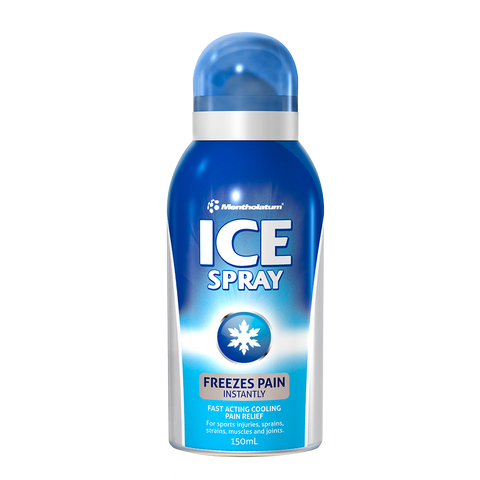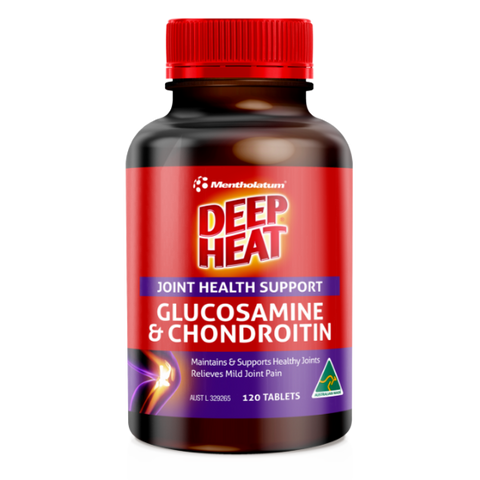The repetitive impact of your feet striking the ground when running can take a toll on your muscles, joints, and connective tissue. Many runners will deal with injury at some point, whether it’s a slight disturbance such as a tender foot or tight hamstring, or something more serious such as a fracture.
Common running injuries include:
- Knee injuries such as kneecap pain or tendonitis.
- Lower leg pain including shin splints, stress fractures and calf pain.
- Foot and ankle injuries such as ankle sprains, heel pain, plantar fasciitis (bottom of foot pain) and toe injuries.
- Pelvic and hip injuries including muscle pulls, stress injuries and tendonitis.

Upon sustaining the injury, the RICE/R method can be followed;
- R: Rest your body.
- I: Ice the injury to lessen swelling, bleeding, and inflammation.
- C: Apply a compression bandage to minimise swelling.
- E: Elevate the injury, if possible, to reduce swelling.
- R: Refer the injury to medical professional (if necessary)
If you do get struck down by an injury, our ICE range is great to have on hand. Our ICE Spray provides fast-acting cooling relief to the area in pain. Ideal for running related muscular pain including sprains or strains.

If you do need to refer your injury to a medical professional, a physiotherapist is often recommended for running related injuries.
A physio can provide specific and targeted exercises to help you recover from many common running injuries. Physical therapy focuses on helping improve your movement, mobility, and function. A physical therapist may do this by using a variety of exercises, stretches, or other physical activities. Seeing a physio is beneficial for improving or restoring movement, strength, and range of motion, decreasing pain, preventing your condition from getting worse and educating you on ways to maintain your overall fitness and functionality.
Joint problems can affect any runner so it’s important to keep your hips, knees and ankles healthy. Taking Glucosamine can help. Glucosamine, a natural compound produced by the body and one of the building blocks of cartilage, can protect the joints from further damage and assist in slowing the breakdown of cartilage. Deep Heat Joint Health Support Glucosamine & Chondroitin was formulated with active ‘everyday athletes’ in mind. Created to support joint health, promote healthy cartilage production and relieve the mild joint pain that can occur from regular running.

As you get back into running following an injury, decrease your distance and reduce the intensity of your runs as your body gets back into it. If you experience any kind of pain or discomfort or find it hard to run, it’s a good idea to follow up with your doctor to get a proper diagnosis and to rule out other conditions.
Always read the label. Follow the directions for use. If symptoms persist, talk to your health professional.



